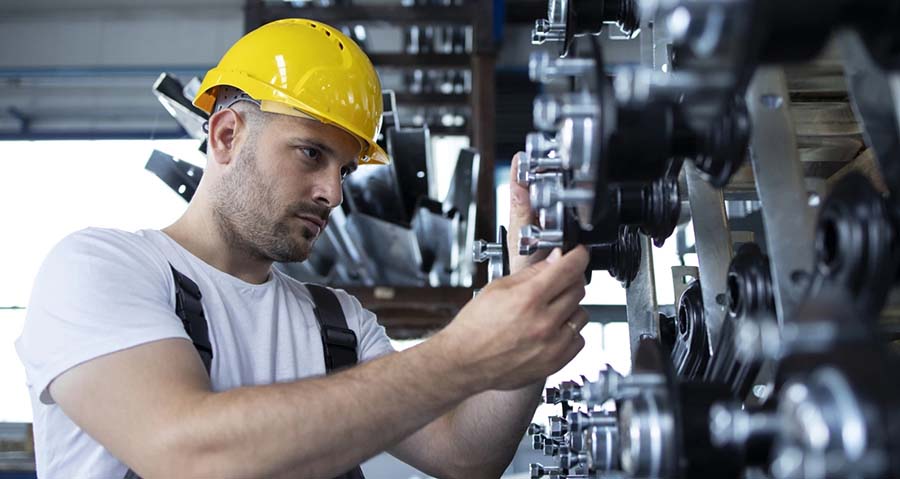
-
 Afrikaans
Afrikaans -
 Albanian
Albanian -
 Amharic
Amharic -
 Arabic
Arabic -
 Armenian
Armenian -
 Azerbaijani
Azerbaijani -
 Basque
Basque -
 Belarusian
Belarusian -
 Bengali
Bengali -
 Bosnian
Bosnian -
 Bulgarian
Bulgarian -
 Catalan
Catalan -
 Cebuano
Cebuano -
 Corsican
Corsican -
 Croatian
Croatian -
 Czech
Czech -
 Danish
Danish -
 Dutch
Dutch -
 English
English -
 Esperanto
Esperanto -
 Estonian
Estonian -
 Finnish
Finnish -
 French
French -
 Frisian
Frisian -
 Galician
Galician -
 Georgian
Georgian -
 German
German -
 Greek
Greek -
 Gujarati
Gujarati -
 Haitian Creole
Haitian Creole -
 hausa
hausa -
 hawaiian
hawaiian -
 Hebrew
Hebrew -
 Hindi
Hindi -
 Miao
Miao -
 Hungarian
Hungarian -
 Icelandic
Icelandic -
 igbo
igbo -
 Indonesian
Indonesian -
 irish
irish -
 Italian
Italian -
 Japanese
Japanese -
 Javanese
Javanese -
 Kannada
Kannada -
 kazakh
kazakh -
 Khmer
Khmer -
 Rwandese
Rwandese -
 Korean
Korean -
 Kurdish
Kurdish -
 Kyrgyz
Kyrgyz -
 Lao
Lao -
 Latin
Latin -
 Latvian
Latvian -
 Lithuanian
Lithuanian -
 Luxembourgish
Luxembourgish -
 Macedonian
Macedonian -
 Malgashi
Malgashi -
 Malay
Malay -
 Malayalam
Malayalam -
 Maltese
Maltese -
 Maori
Maori -
 Marathi
Marathi -
 Mongolian
Mongolian -
 Myanmar
Myanmar -
 Nepali
Nepali -
 Norwegian
Norwegian -
 Norwegian
Norwegian -
 Occitan
Occitan -
 Pashto
Pashto -
 Persian
Persian -
 Polish
Polish -
 Portuguese
Portuguese -
 Punjabi
Punjabi -
 Romanian
Romanian -
 Russian
Russian -
 Samoan
Samoan -
 Scottish Gaelic
Scottish Gaelic -
 Serbian
Serbian -
 Sesotho
Sesotho -
 Shona
Shona -
 Sindhi
Sindhi -
 Sinhala
Sinhala -
 Slovak
Slovak -
 Slovenian
Slovenian -
 Somali
Somali -
 Spanish
Spanish -
 Sundanese
Sundanese -
 Swahili
Swahili -
 Swedish
Swedish -
 Tagalog
Tagalog -
 Tajik
Tajik -
 Tamil
Tamil -
 Tatar
Tatar -
 Telugu
Telugu -
 Thai
Thai -
 Turkish
Turkish -
 Turkmen
Turkmen -
 Ukrainian
Ukrainian -
 Urdu
Urdu -
 Uighur
Uighur -
 Uzbek
Uzbek -
 Vietnamese
Vietnamese -
 Welsh
Welsh -
 Bantu
Bantu -
 Yiddish
Yiddish -
 Yoruba
Yoruba -
 Zulu
Zulu
CE Certification for Thread Rolling Machinery and Equipment Compliance Standards
CE Certification for Thread Rolling Equipment Ensuring Safety and Compliance
In the manufacturing industry, particularly in the field of metalworking, thread rolling is an essential process that enables the production of high-strength threaded fasteners. As global markets expand, the safety and compliance of machinery used in these processes have become paramount. One crucial aspect of ensuring that thread rolling equipment meets safety standards is the CE certification, a requirement for machinery sold within the European Economic Area (EEA).
What is CE Certification?
CE stands for Conformité Européenne, which translates to European Conformity. It indicates that a product meets the essential health, safety, and environmental protection requirements outlined in European Union directives. The CE mark is not a quality indicator but a declaration by the manufacturer that their product complies with relevant European legislation.
For thread rolling equipment, CE certification is critical due to the potential hazards associated with metal forming processes. Thread rolling machines, which use cylindrical dies to form threads on metal parts, can pose risks such as crushing injuries, entanglements, and exposure to sharp edges. Therefore, manufacturers must ensure their equipment adheres to stringent safety standards.
The Importance of CE Certification for Thread Rolling Equipment
1. Market Access CE certification is a prerequisite for marketing machinery within the EEA. Without this certification, manufacturers cannot legally sell their thread rolling equipment in European markets, which can significantly limit their business opportunities.
2. Consumer Safety By adhering to CE certification standards, manufacturers ensure that their equipment is safe to use. This commitment to safety helps protect workers from injury, thereby fostering a safer workplace environment.
3. Legal Compliance The legal implications of failing to obtain CE certification can be severe. Manufacturers may face penalties, product recalls, or even lawsuits if their equipment does not comply with safety standards. CE certification acts as a safeguard against these legal liabilities.
4. Enhancing Reputation Companies that achieve CE certification demonstrate their commitment to quality and safety. This can enhance their reputation within the industry and among consumers, which can lead to increased trust and more business opportunities.
ce certification thread rolling equipment

The CE Certification Process for Thread Rolling Equipment
The path to obtaining CE certification for thread rolling equipment involves several crucial steps
1. Determine Applicable Directives Manufacturers must identify which EU directives apply to their equipment. Common directives for machinery include the Machinery Directive (2006/42/EC) and the Low Voltage Directive (2014/35/EU).
2. Assess Conformity Manufacturers must conduct a conformity assessment to determine the extent to which their equipment meets the requirements of the relevant directives. This assessment may include risk analysis, design evaluation, and performance testing.
3. Compile Technical Documentation A comprehensive technical file must be prepared, detailing all aspects of the equipment, including design specifications, manufacturing processes, and test results.
4. Affix the CE Mark Once compliance is established, and the technical documentation is complete, manufacturers can affix the CE mark to their equipment, indicating its compliance with EU regulations.
5. Ongoing Compliance CE certification is not a one-time process. Manufacturers must continuously monitor their equipment to ensure compliance with evolving standards and directives.
Conclusion
CE certification is an essential requirement for manufacturers of thread rolling equipment seeking to enter the European market. It not only ensures compliance with safety regulations but also enhances consumer trust and opens doors for business opportunities. By investing in CE certification, manufacturers can demonstrate their commitment to producing safe and reliable machinery that meets the high demands of modern manufacturing environments. As industries become increasingly interconnected, adherence to such standards will play a pivotal role in fostering safe and effective production processes worldwide.
